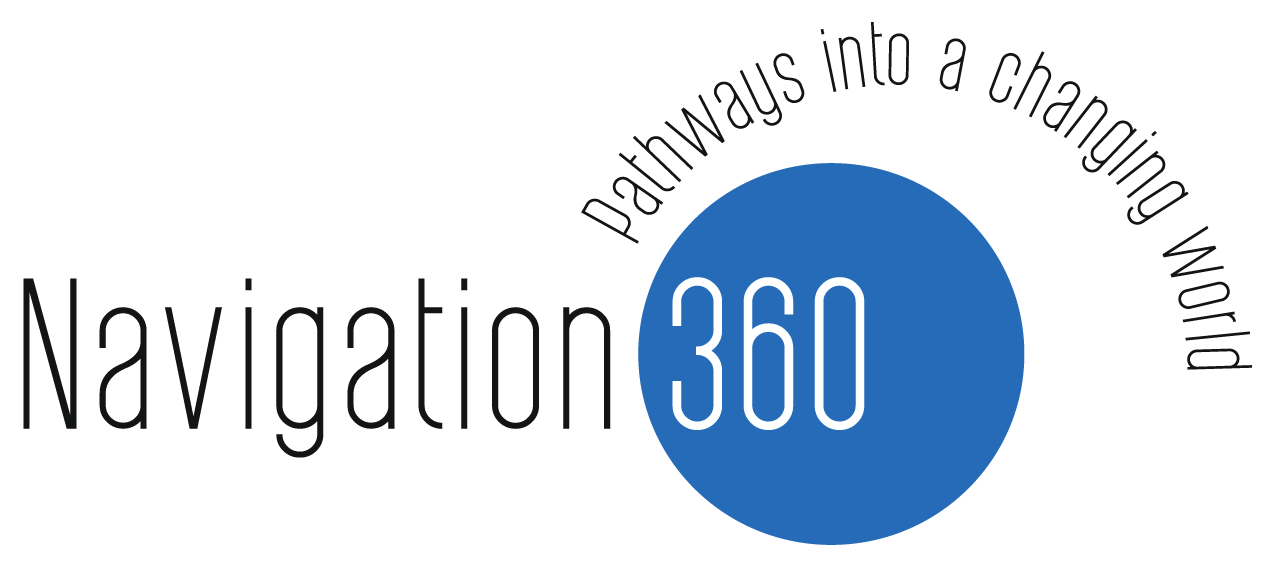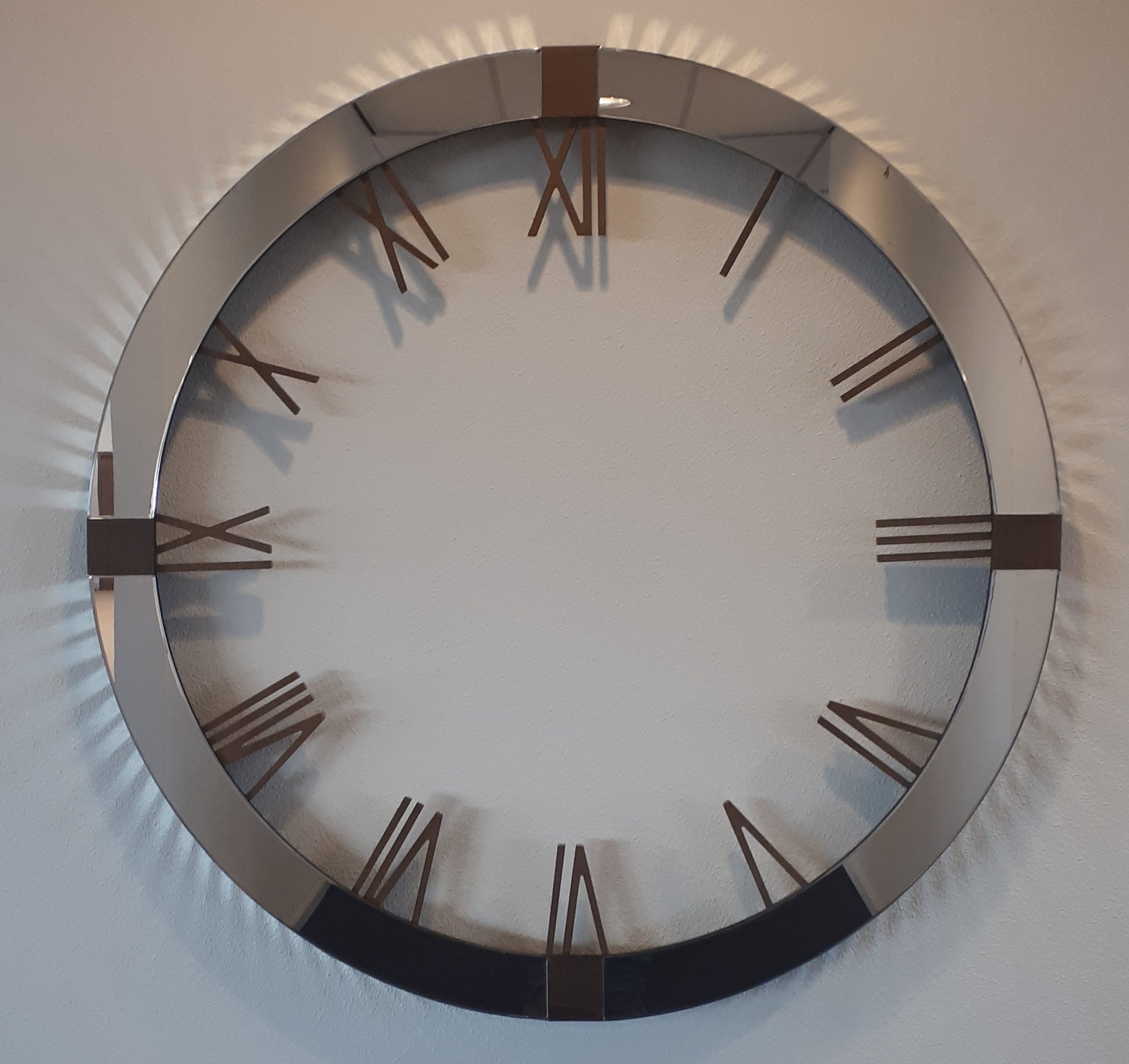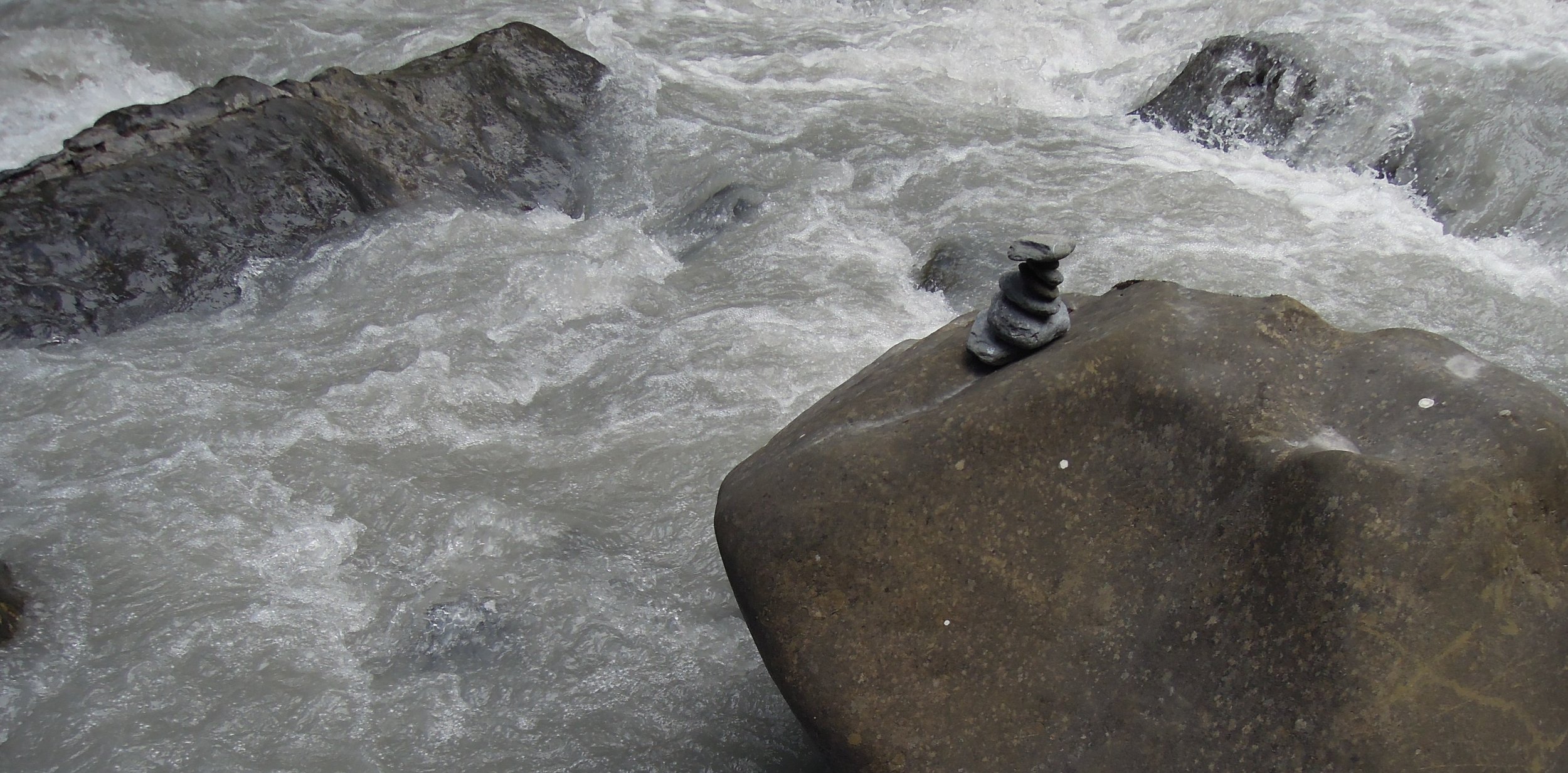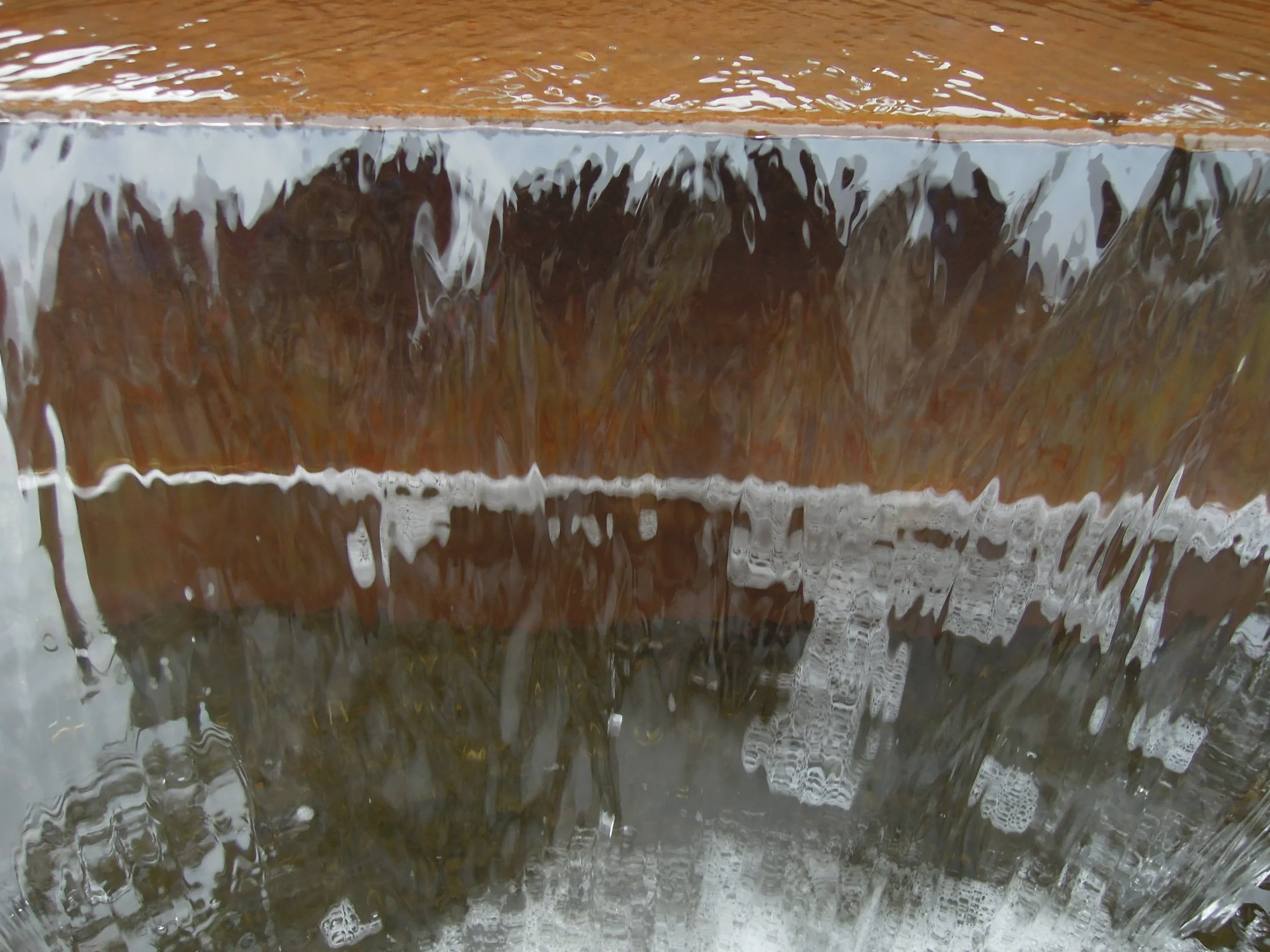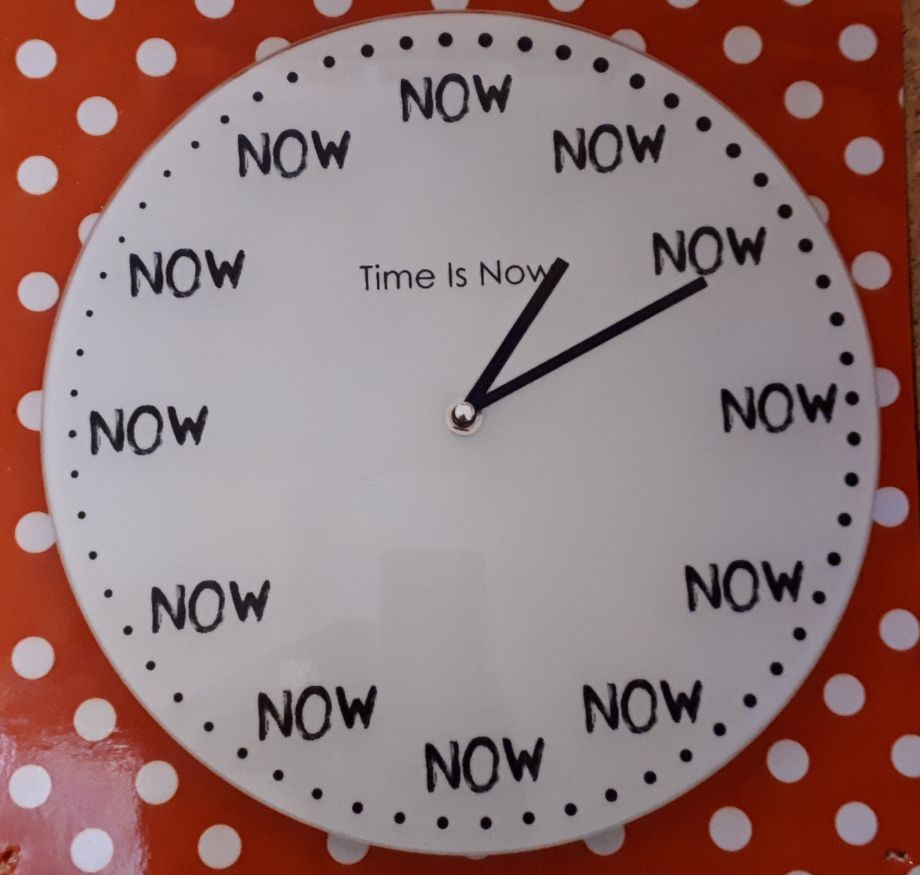They are four ‘elderly’ persons, one close to 90 years old, three others well beyond that impressive age.
For some years now, we have closely interacted with them, as family or as neighbours. Here some of our observations on them, in their respective European societies. It is a mirror as well, and raises questions about how we live our lives, grow older and prepare to die. It may also get personal for you, dear reader.
Fierce independence: For all four, living with dignity means maintaining their independence. “I will die in this apartment, not in a care home” is one firm drawing of the red line. Whatever its quality, a care home in their view at best means having to follow a certain routine if not certain rules, made by others who several times a day will intrude in your life. At worst, it means being bossed around and treated like a child. For someone who has made her or his own decisions about every aspect of their life, often for decades, that is literally a ‘no go’ area. That determination to be independent can cloud judgment however; it can delay recognition that going to a smaller and more manageable service flat would be a smart move – to do while you still can, not when it becomes impossible without help from others. A smaller home is also an incentive to live lighter and let go of an overload of your possessions – not something to postpone it until this become too much to deal with. We see it firsthand.
Accepting and adjusting for increasing limitations: Inevitably, the body becomes frailer. With old age, we are less steady on our feet, our hands may be shaking; we can no longer go up and down stairs and certainly not with shopping bags,; cleaning our home takes more energy than we can mobilise in one go; our eyesight is not what it used to be, you name it. Our fiercely independent elders struggle to accept help that is available, with the cleaning, to do your washing or even help you with your shower. If you are fiercely independent, walking with a stick, let alone a rollator, may feel ‘undignified’ and something to resist, unhelpfully, as long as possible. “My rollator is my Mercedes, it’s the best thing I got in recent years”, is an admission of one of them, that took several years of persuasion and eventual practice to materialize. These growing physical limitations are also warning signs: when will I no longer be able to live (largely) independently? And how dependent on assist ance do I need to become, before I decide the limitations are such that life does not offer a quality anymore – in my fiercely independent eyes- that makes it worth living?
Digital exclusion: Some elderly people have learned some basic modern technology, perhaps to maintain contact with grandchildren or with their children living far away. They learned how to send emails or communicate via Facebook, or use Skype or Whatsapp to speak with close others. But by and large, the digital revolution goes too fast: Banks close branches and now even ATMs so as to force people into e-banking. Good idea generally perhaps, but not for the millions of elderly for whom this becomes too complex. How do we expect them to remember increasing amounts of pincodes and passwords now required for everything, or understand what a QR code is? They experience it as ever more barriers to their participation in society. The impacts are also more mundane: Information about and reservations for social and cultural events are increasingly available and possible only online. Before it was printed in daily or weekly papers, and there was at least a phone number where you could make reservations. Less and less so – and if there is a phone number, it is only manned a few hours a week. If you are not digitally reasonably fluent, getting timely information and accessing services or events becomes ever more problematic.
Administrative gobbledygook: Try to read administrative letters from private companies or public institutions and, at least in many European countries, you will struggle to figure out what precisely they are saying, even if you are in healthy middle age. Incomprehensible administrative (and legal) jargon has long been a plague in even supposedly democratic and inclusive societies. As its language now reflects a more technological world, it is becoming even more cryptic for most elderly who have not been able to absorb all these changes. ‘Service design’ – creating something, including communications with the public or with clients, that is extensively tested for its ease of understanding and ease of use, from the user point of view - is clearly unheard of by most designers of web-based services, digital revolutionaries in general, and legal and administrative advisers – all much younger people of course.
Packaging for body builders: Has it happened to you that you try to open a plastic bottle but the stopper is so tightly screwed on you can’t? Sorry, no bottled water today then. Ever been beaten in an arm wrestling match by the lid of a jam jar? Encountered plastic packaging that is child proof – and hermetically sealed also for the elderly? Is it a measure to stop us from overconsuming? Or nastiness? Or simple blindness to the reality that our (European) societies have a large elderly population with reduced physical strength? There is much talk about our inverted population pyramids, and how this impacts on the cost of pensions and of health care, how public transport should be adapted accordingly etc. But in so many aspects of daily life, digital, administrative, and even simple packaging, these are societies by and for the younger generations. It may not be intended that way, but it excludes a significant part of our populations from fully participating in and enjoying our societal life.
Prejudice against elderly people: If you physically look as if you are in your 70s, 80s let alone beyond, you will regularly encounter people who assume you have become dumb and will immediately treat you as if you were a child, deaf, or no longer useful and worthy of basic respect. Yet all four we have around us, still switch instantly between different languages, are well informed about what is going on in their society and in the wider world, and are not only capable of a thoughtful conversation but clearly prefer it over superficial small talk. They may struggle somewhat with the impacts of the ongoing digital revolution, but they have an experience of life and of recent history that our younger digital smart asses do not. No, they do not talk in abbreviations and street language, and you may need some patience as they may take longer to explain their views – but it may turn out more insightful than what the fast-talkers have to say.
Last one standing: Reaching a respectable age beyond the average life expectancy is a gift to be joyous for. But in a certain way, it is also a poisoned gift. So many you have known, family, close friends, will have gone – one after the other. Your address book has more scratched out names and phone numbers than still ‘live’ ones – and very few new ones are added. If you are lucky, you have children and grandchildren that are connecting with you; that is not a given - there are enough who are indifferent to their elderly parents or very distant from their grandparents. So take this good advice: In the course of your life, have friends across different generations, including much younger ones than you. They will keep you in touch with a rapidly changing society and will be around when most of your generation have gone.
A spectator no longer a participant: Imaging the changes people today in their 90s have experienced: they were born in the 1930s, lived through the Second World War, the Korean War, the Cold War, the wars of the breakup of Yugoslavia, the War on Terror, several economic shocks caused by spiraling oil prices and bank collapses, the digital revolution, the rise of social media, road rage on the internet highway and clever disinformation campaigns… They see so many repeats today of past follies. It makes you wonder who suffers from memory-loss, the elderly, or us as citizens in general? They have a certain historical perspective that most younger people and politicians forced into short-termism in today’s ‘democracies’, lack. They see clearly the mistakes, not just of leaders but also of the voting public. But they no longer have the voice to advocate for greater thoughtfulness and attention to the likely consequences. Or if they have the voice, very few will listen to them. Feeling that the world is on another collision course with mass casualties is not a happy way to li ve your last years – and can become a reason to decide to go before it all crashes again.
The right to die with dignity: Assisted dying is still an unusual option; even those of us who are willing and able to consider it, need some time to come to terms with it. Western societies have very effectively pushed the reality of our death far into the shadows. When we think about death at all, it is a natural death, in the worst case after a long and possibly painful and humiliating decline, in the best case, sudden, through a heart attack or a fall, preferably of course at a ‘respectable age’. Most societies do not have any legal provisions for assisted dying; in those who do there remain restrictions and conditions. The ‘right to die with dignity’ is not a fundamental human right – unlike the ‘right to live with dignity’, which is, at least on paper. Yet the interest, and demand for it, are growing. Does it take courage to decide when you want to die, with medical assistance? Yes it does; but is a slow decay of the body (and perhaps of the mind, with dementia becoming a phenomenon of epidemic proportions) and loss of all independence and personal dignity, such an attractive prospect? Perhaps there comes a time when you conclude that you have lived your life and gotten all the joy and grief that comes with it; you can have a bit more of each, but fundamentally your ‘glass is full’ – why try to add more to it when you know it is going to break sometime soon anyway. So go with dignity, arrange all your affairs, practically but also emotionally – take the time to have that last enjoyable ‘together’ with all those who are dear to you, and to prepare a funeral that is a celebration of your life, now ‘concluded’.
How is all this for you?
